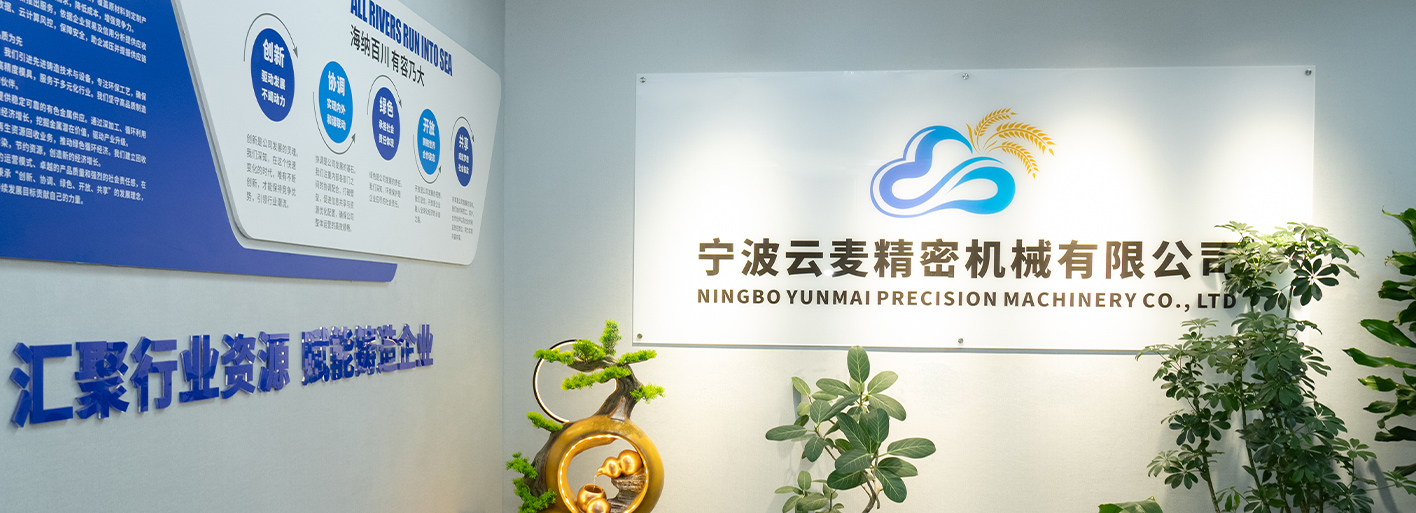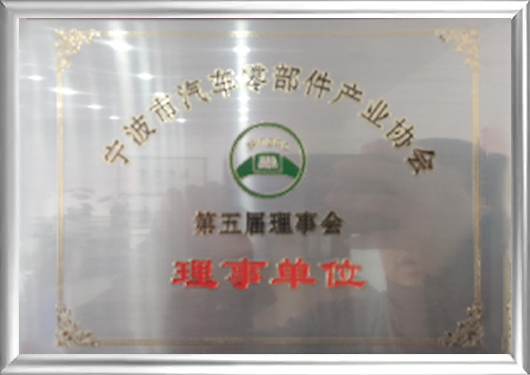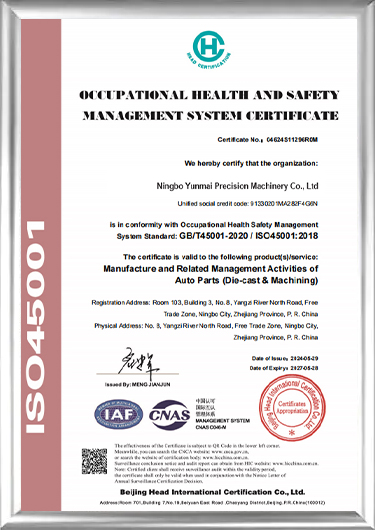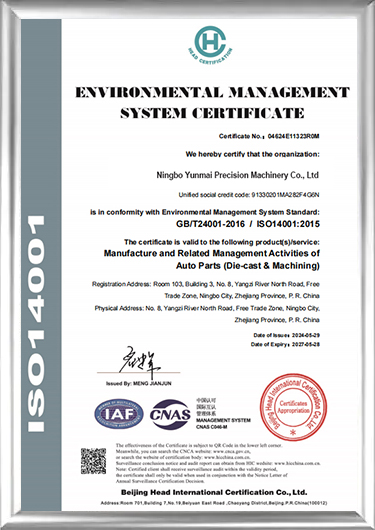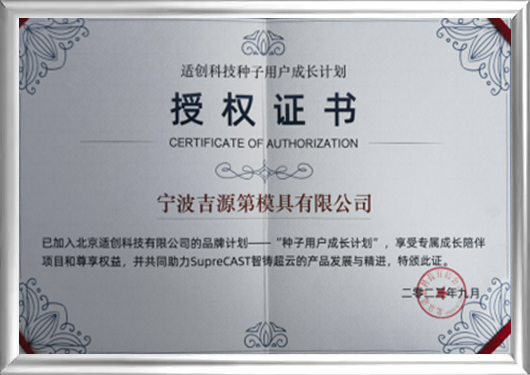Autoparts outside the main drivetrain often have intricate geometries dictated by tight packaging constraints, structural integration with other components, and specific mounting needs. This complexity requires the mold cavity to reproduce features with extreme fidelity, such as undercuts, ribs, recesses, thin-walled areas, and intricate bosses. At Ningbo Yunmai Precision Machinery Co., Ltd., we utilize advanced CAD and mold design software to develop 3D models that accommodate these complex shapes. The initial design phase includes detailed parting line analysis, slider/core-puller integration, draft angle optimization, and wall-thickness uniformity control to reduce the likelihood of porosity or misruns. Our molds are designed with meticulous attention to form accuracy, ensuring that the castings meet dimensional tolerances required for downstream machining or direct assembly. This is particularly vital for components that interface with precision mechanical systems or electronic modules.
For non-standard automotive parts, ensuring a smooth and controlled flow of molten aluminum into the mold cavity is a challenge. Flow turbulence, air entrapment, and inconsistent fill can easily result in internal voids, cold shuts, or surface defects. Hence, gating and runner systems must be specifically engineered for each mold to maintain consistent pressure and fill rate. We at Ningbo Yunmai Precision Machinery Co., Ltd. employ casting simulation software (such as MAGMASOFT or ProCAST) to evaluate flow behavior, solidification patterns, and potential defect zones prior to mold fabrication. This digital validation allows us to fine-tune gate placement, runner geometry, overflow positioning, and venting systems to avoid quality issues before the mold is even built. Thermal management is equally critical. Components with variable cross-sections and fine features require precise temperature control throughout the mold. Our mold designs incorporate customized cooling line layouts, conformal cooling where applicable, and localized thermal control elements to balance heat extraction and avoid hot spots that could lead to shrinkage defects or cycle time inefficiencies.
Given the production volumes associated with automotive components, the mechanical integrity and wear resistance of the die-casting mold are paramount. Tool steels must withstand the repetitive thermal cycling of high-pressure aluminum injection, as well as mechanical abrasion from the molten alloy over extended production runs. At Ningbo Yunmai Precision Machinery Co., Ltd., we select from a range of high-performance tool steels—such as H13, SKD61, and other proprietary grades—based on the component's shape, aluminum alloy used, and expected mold lifecycle. We also apply surface treatments such as nitriding, PVD coatings, and special anti-soldering finishes to enhance the mold's performance under stress and to reduce maintenance intervals. This results in molds with exceptional durability, capable of producing hundreds of thousands of shots without degradation in casting quality—meeting the long-term needs of our clients, including high-volume automotive platforms.
For components with unique profiles and assembly integration features, the parting line strategy must be exceptionally well-conceived. Poor parting line placement can result in visible flash, casting defects, or ejection challenges. Similarly, the ejection system must be capable of removing complex parts from the mold without causing deformation or surface blemishes. Our engineering team at Ningbo Yunmai Precision Machinery Co., Ltd. places strong emphasis on designing parting lines that follow natural contour breaks and minimize cosmetic impact. We also use a combination of ejector pins, lifters, and stripper plates, depending on the shape and depth of the casting. For delicate parts, hydraulic core-pull systems or delayed ejector mechanisms are used to ensure smooth demolding. We have also designed and built molds for components requiring non-destructive ejection methods for surfaces that must remain intact—especially for parts that are installed without secondary finishing.
To cater to the dynamic needs of the automotive sector, flexibility in mold configurations is often required. For example, customers may require family molds (multiple related components in a single mold) or multi-cavity molds for increased production output. This demands a modular approach to mold base design and precise control over cavity balance. Ningbo Yunmai Precision Machinery Co., Ltd. delivers such flexibility through modular mold bases that allow for quick cavity changeovers and updates. Our multi-cavity molds are meticulously flow-balanced to ensure uniform metal distribution across all cavities. We use valve gate systems or balanced runners to avoid cavity favoritism or fill disparities. This capability allows our clients—from prototype runs to mass production for brands like Huawei or BYD—to reduce lead times and increase production efficiency across multiple platforms.
Each mold project benefits from a feedback loop informed by in-house casting trials, client testing results, and continuous improvement cycles. For instance, if a mold is intended to produce a bracket for an EV thermal system, we may run simulations under thermal and vibration loads to confirm the casting’s integrity, then refine the mold accordingly. Ningbo Yunmai Precision Machinery Co., Ltd. performs mold trials in our facility, collects data on fill patterns, cooling rates, and defect profiles, and incorporates customer feedback rapidly into the final mold configuration. This iterative design process ensures that the final mold is not only optimized for part quality but also for production feasibility and cost control.
All aspects of our mold development—design, simulation, machining, assembly, and testing—are handled under one roof. This integrated workflow eliminates delays, miscommunication, and compatibility issues that can arise in fragmented development chains. With a professional team that handles everything from aluminum alloy selection to final FAI (First Article Inspection) reports, Ningbo Yunmai Precision Machinery Co., Ltd. provides a streamlined path from CAD to casting. This holistic process also ensures traceability and compliance with customer-specific standards, including those required by Tier 1 and Tier 2 suppliers.
